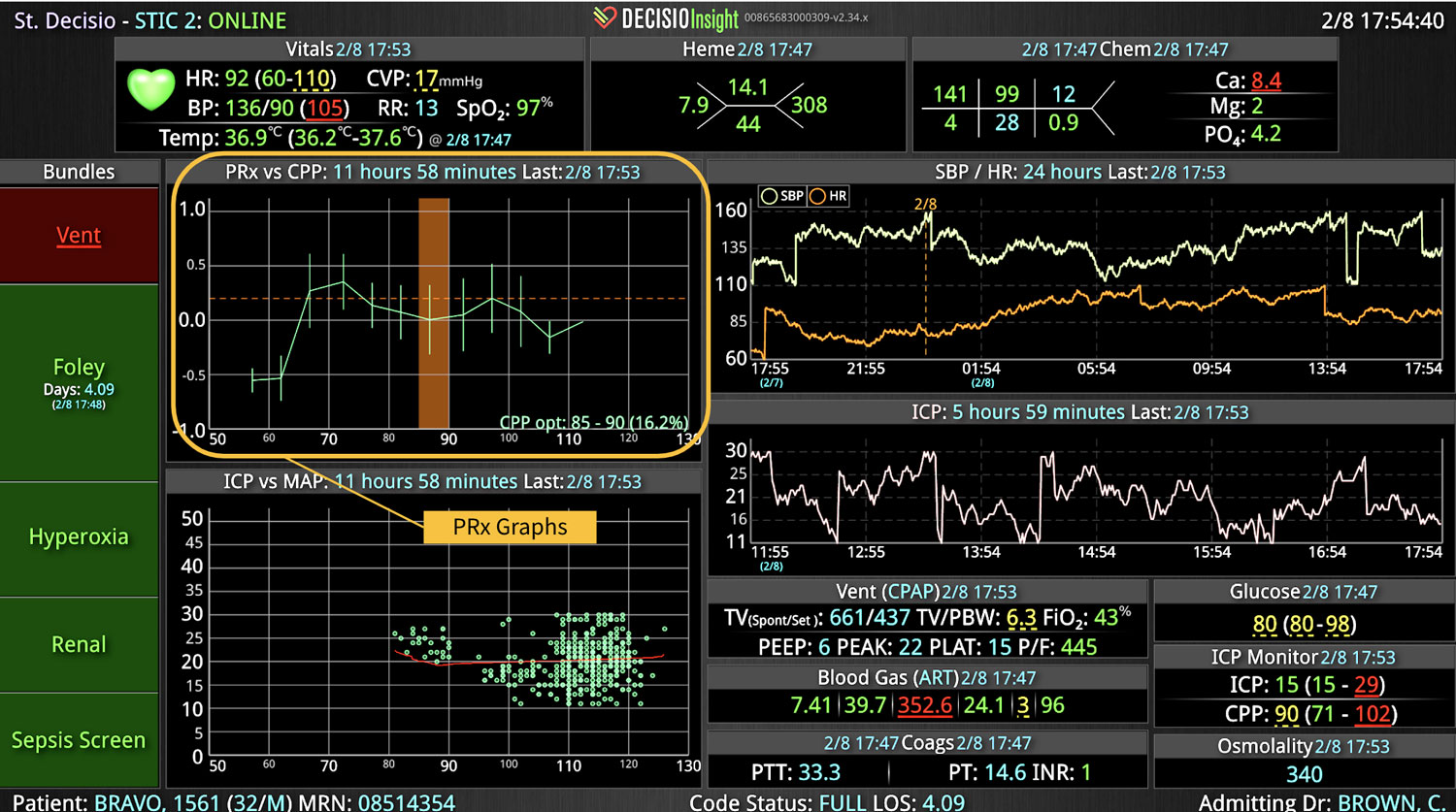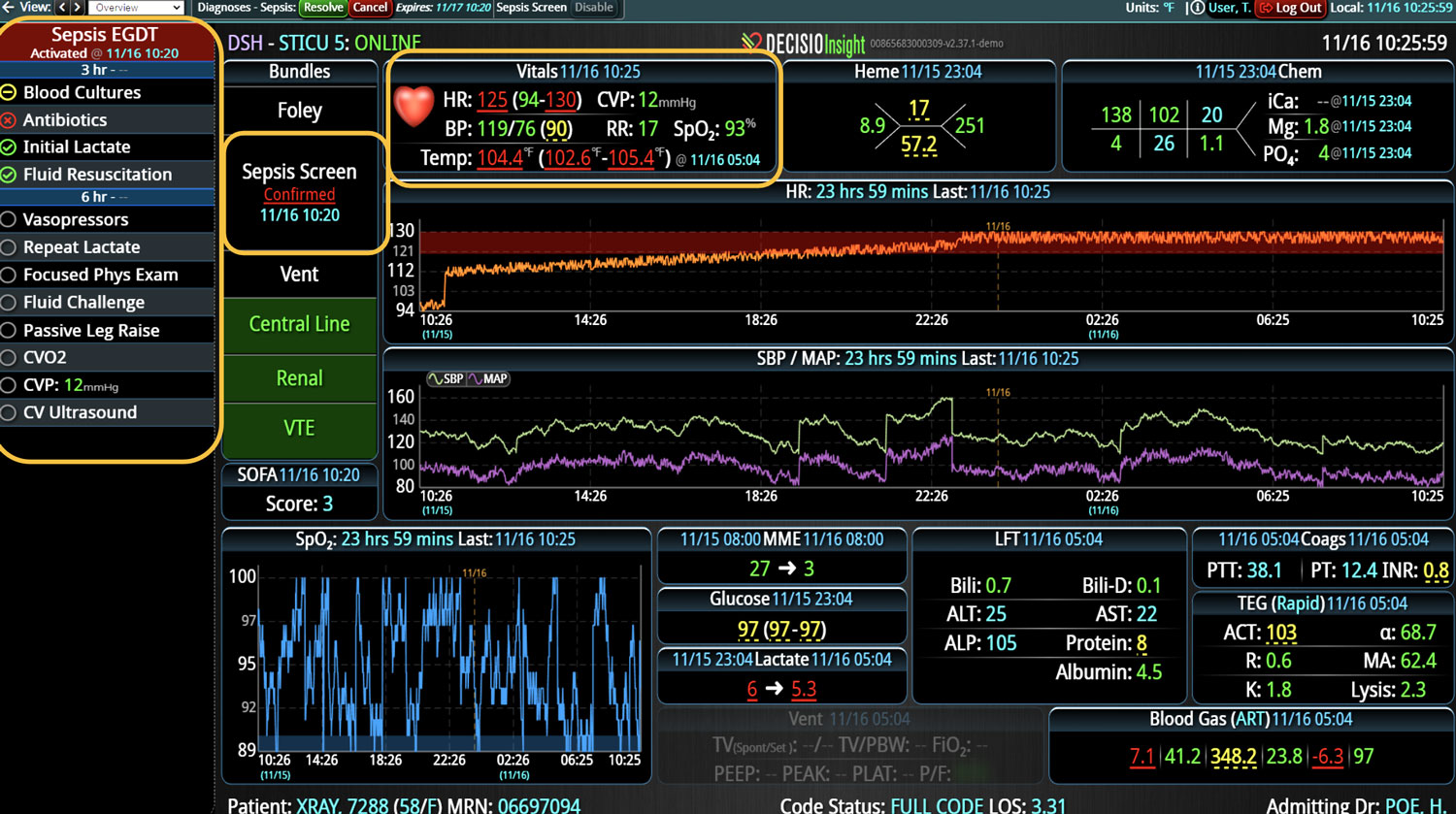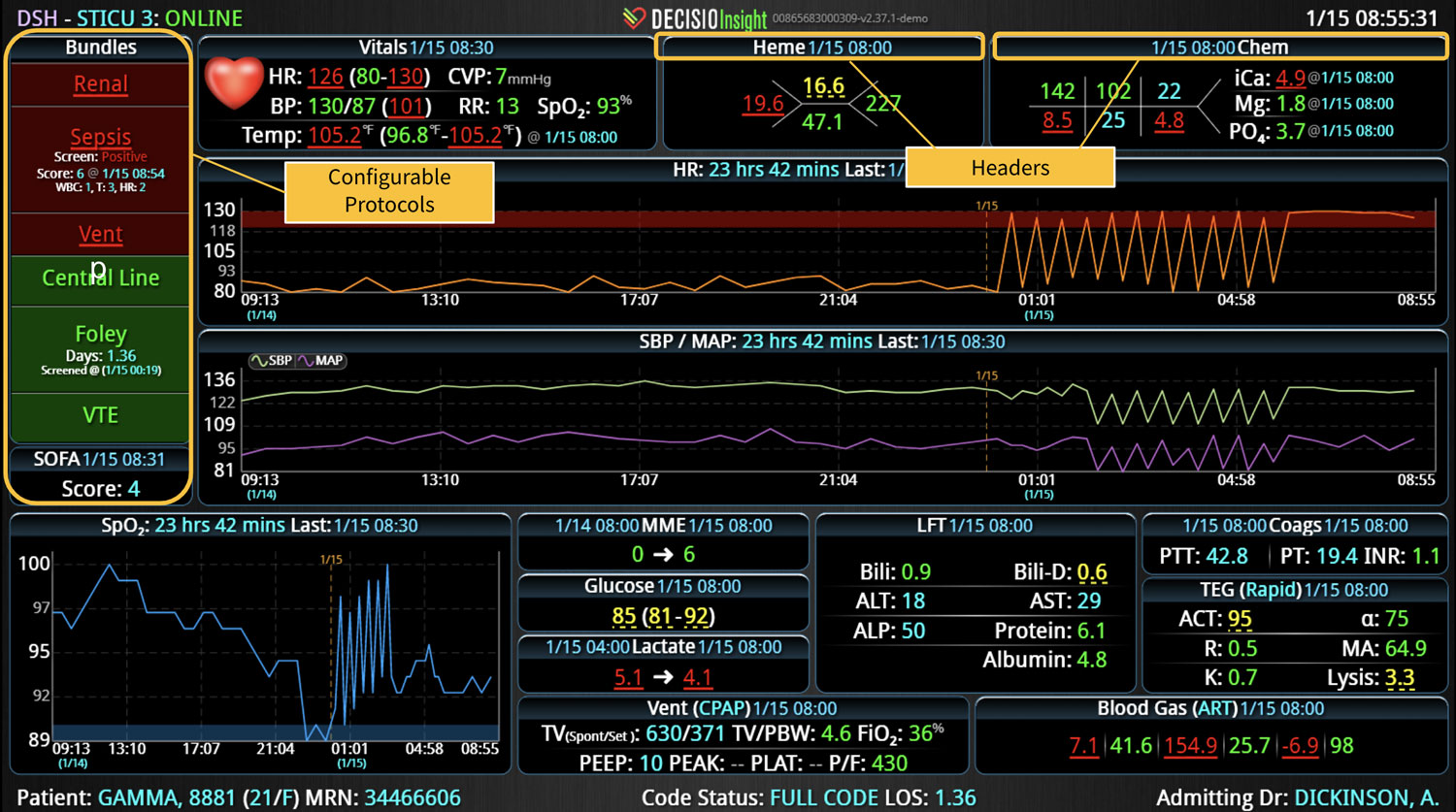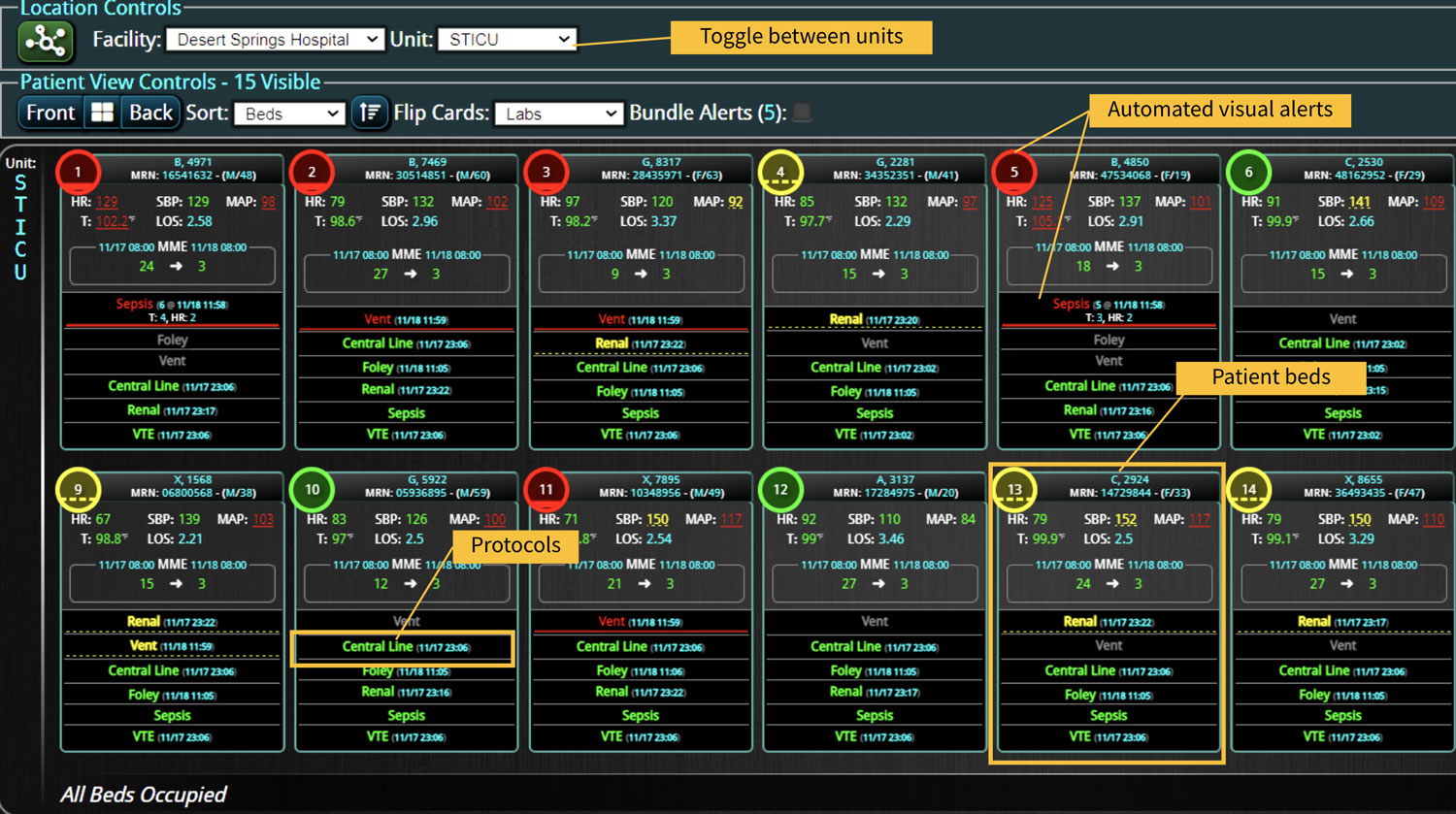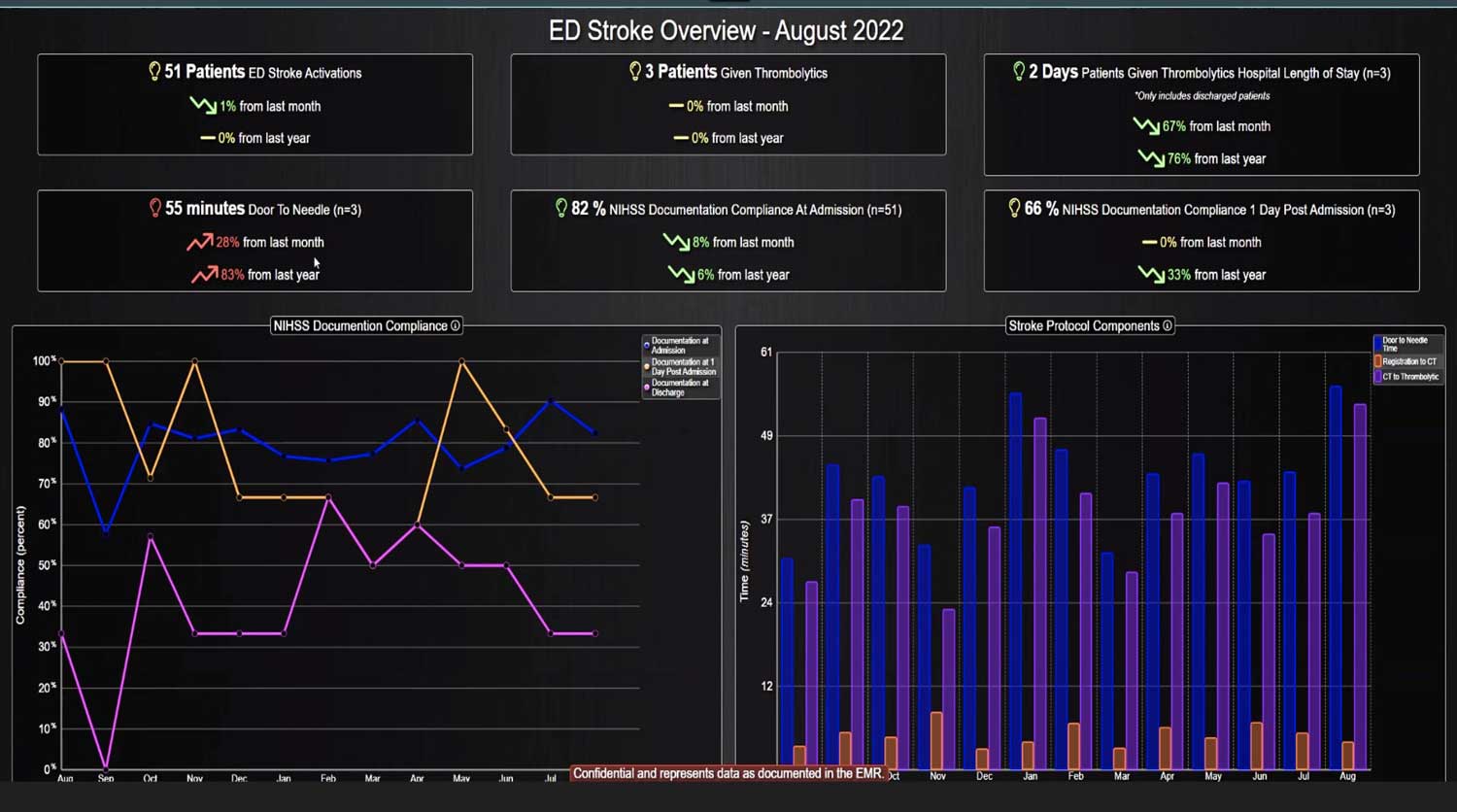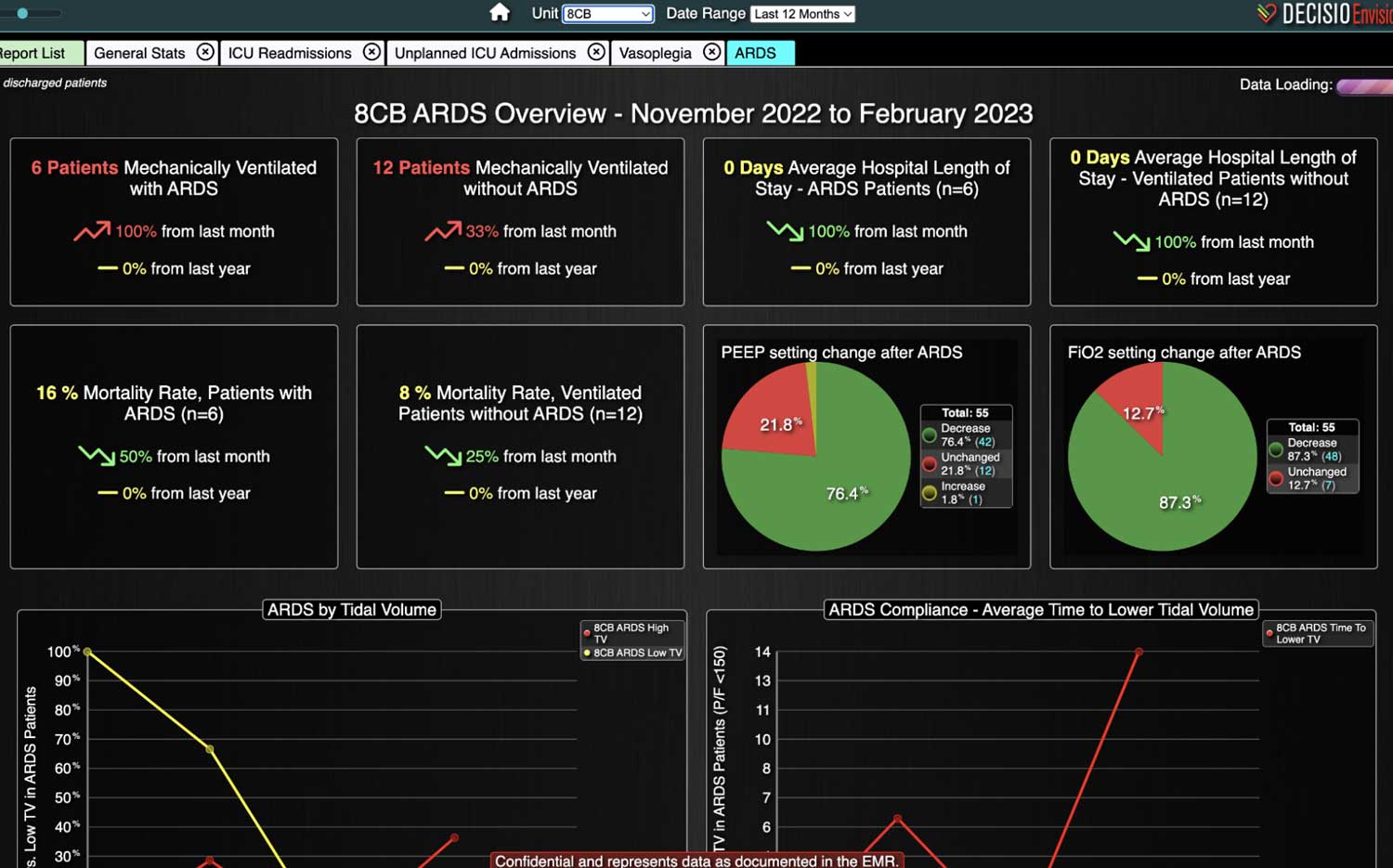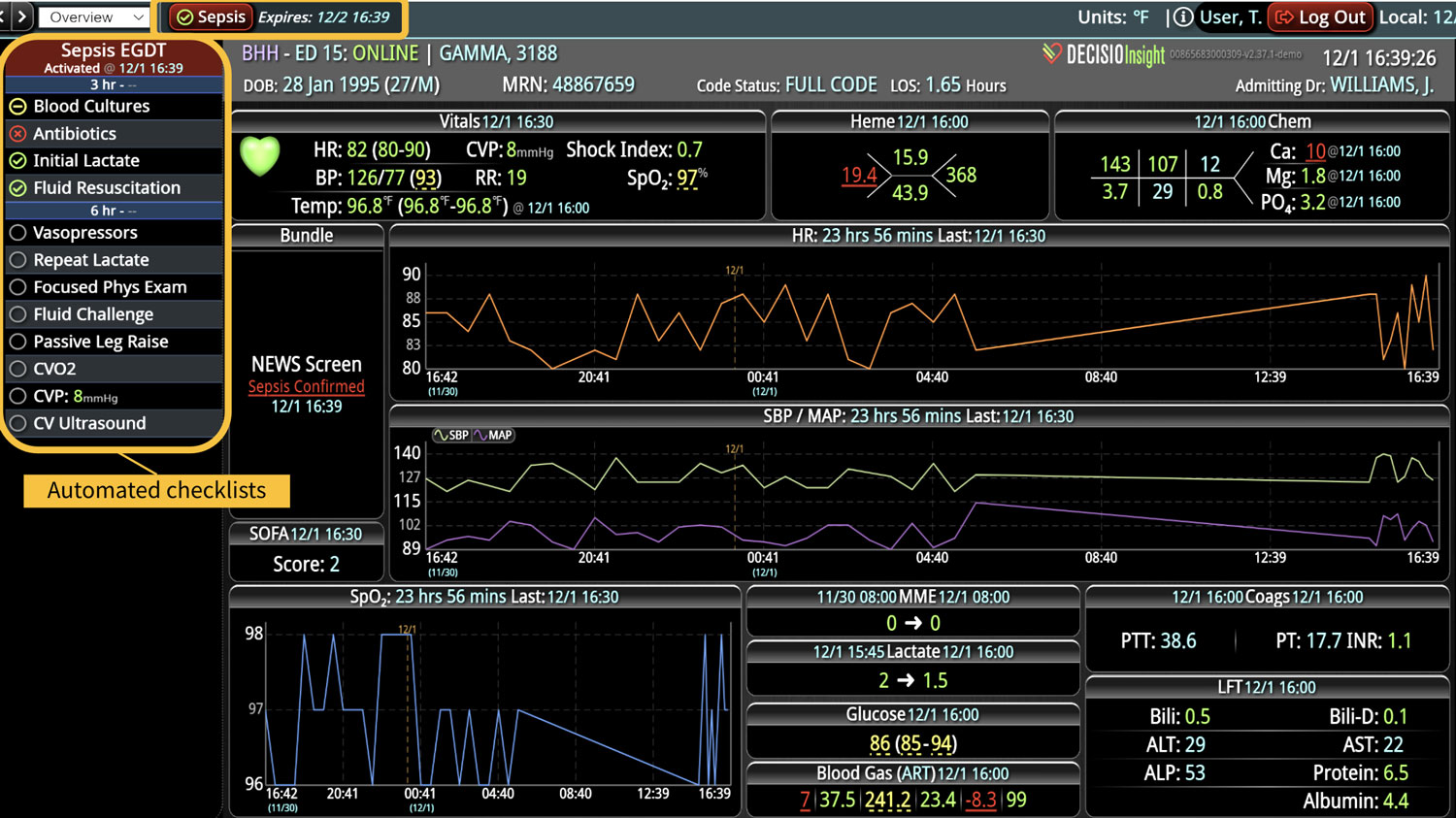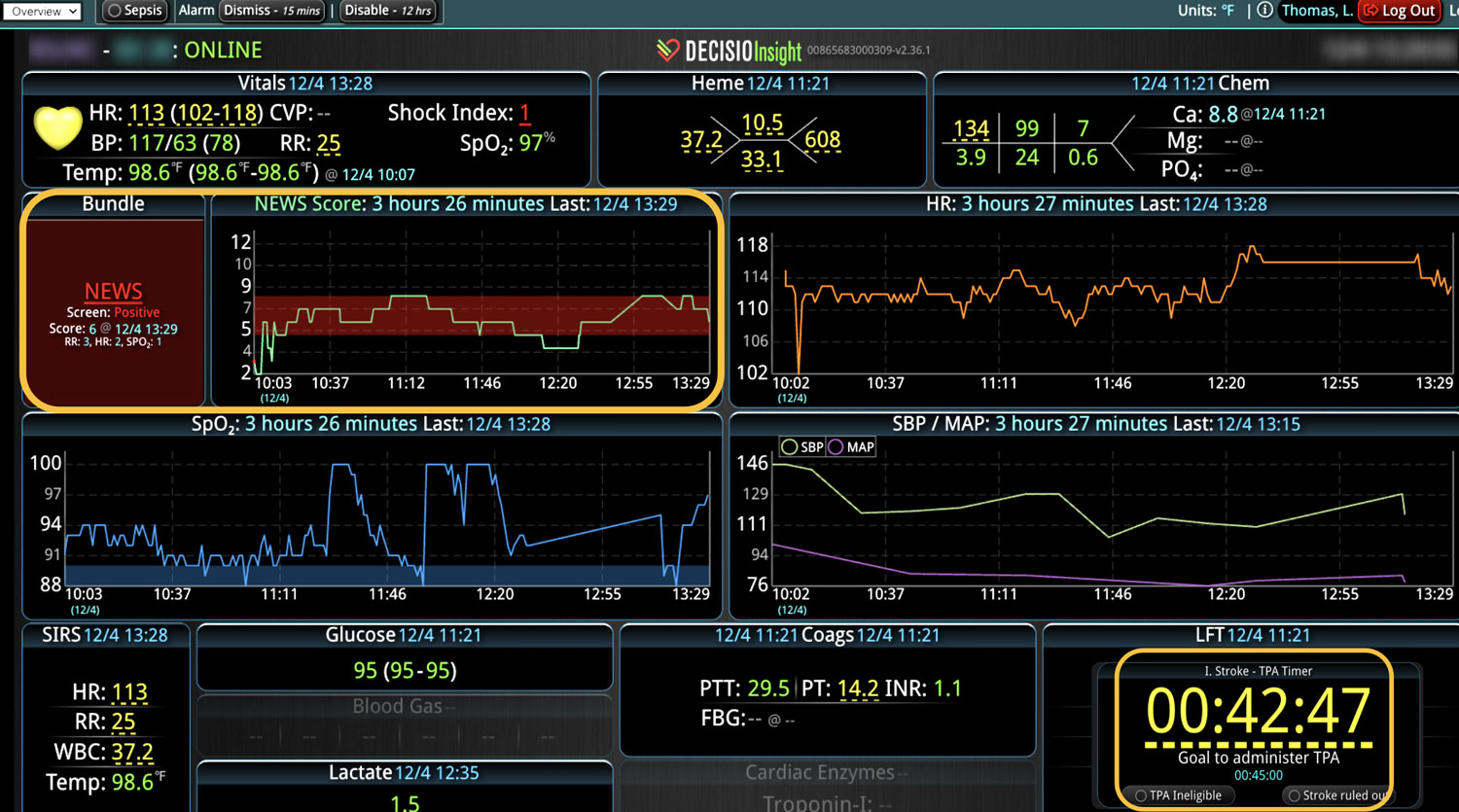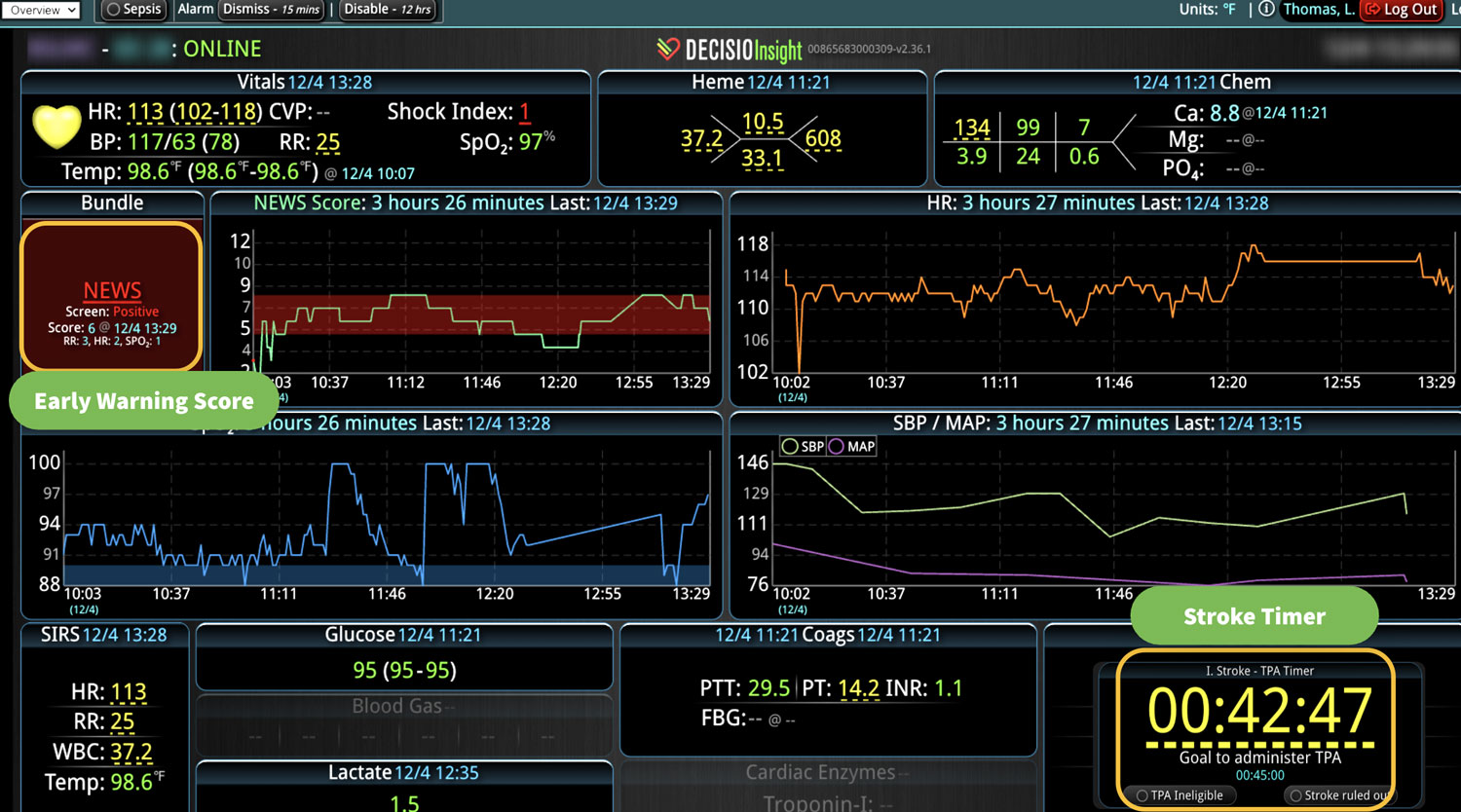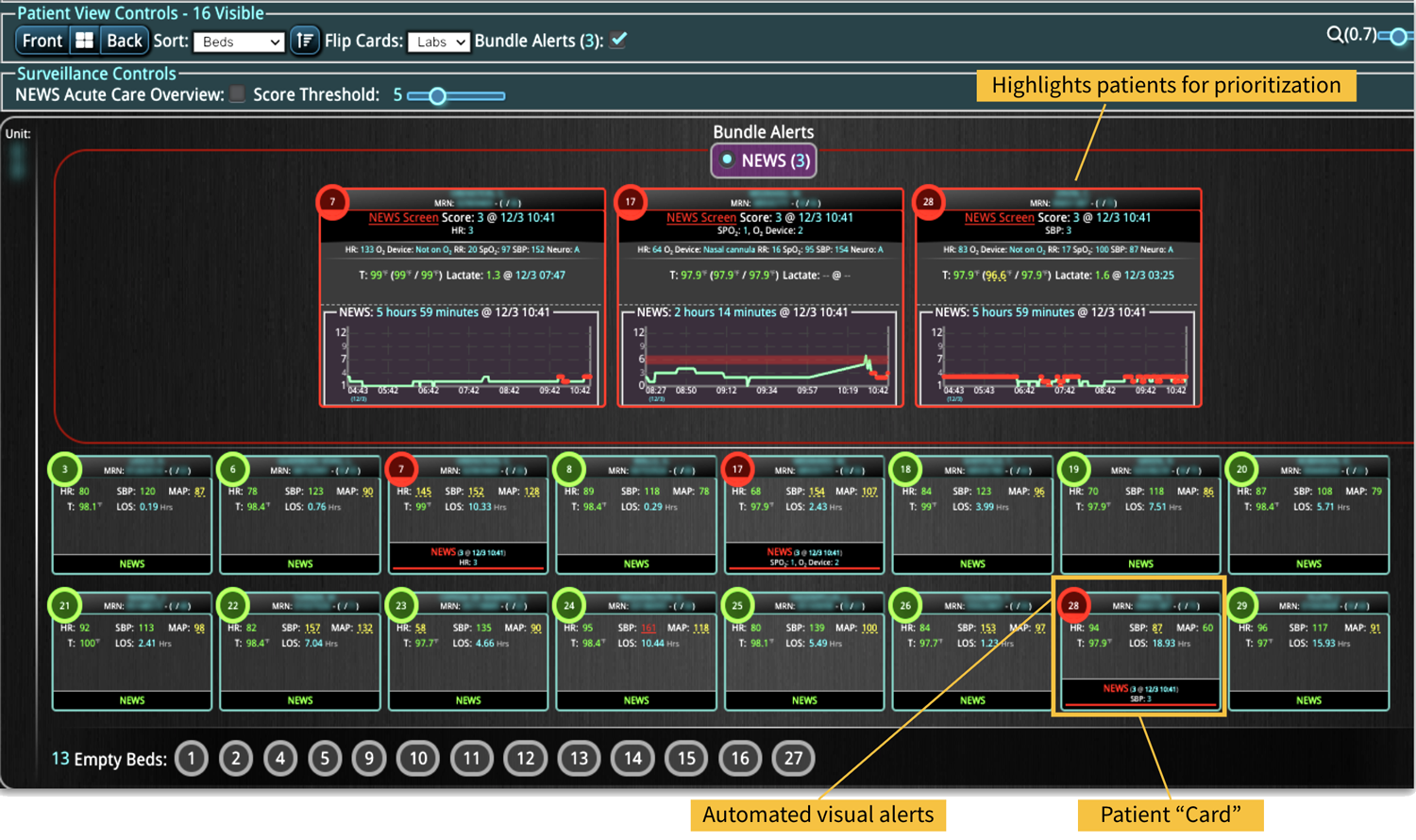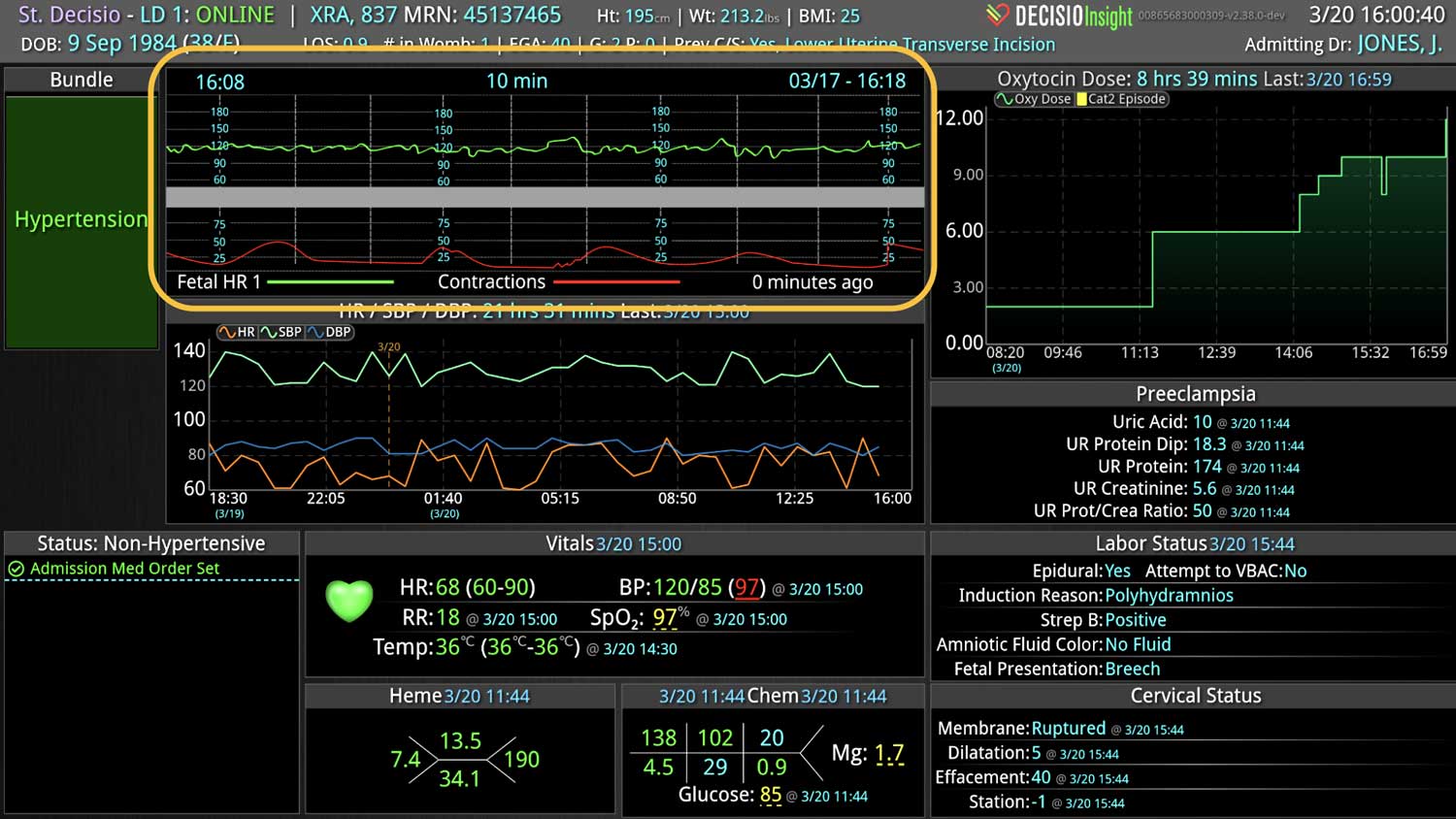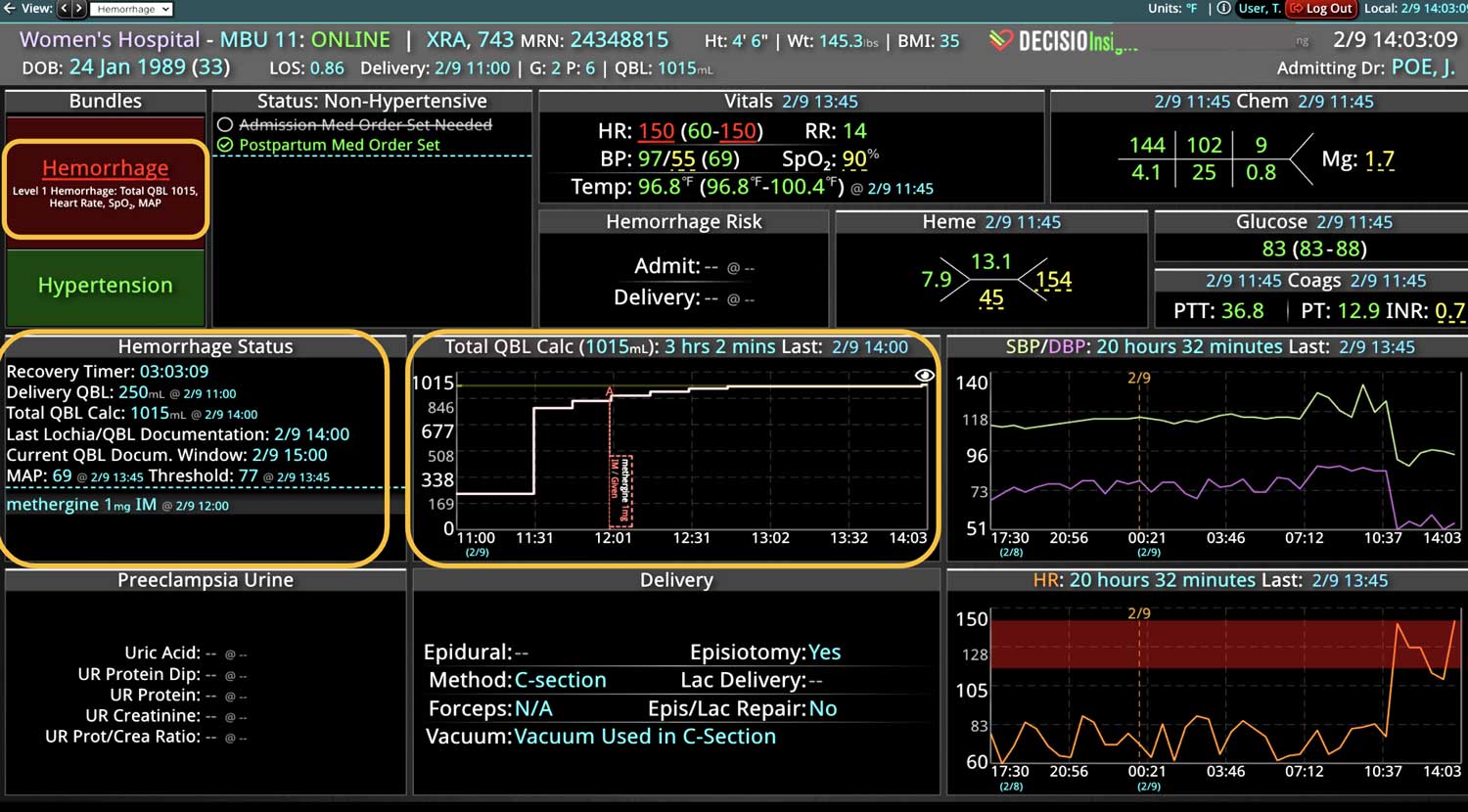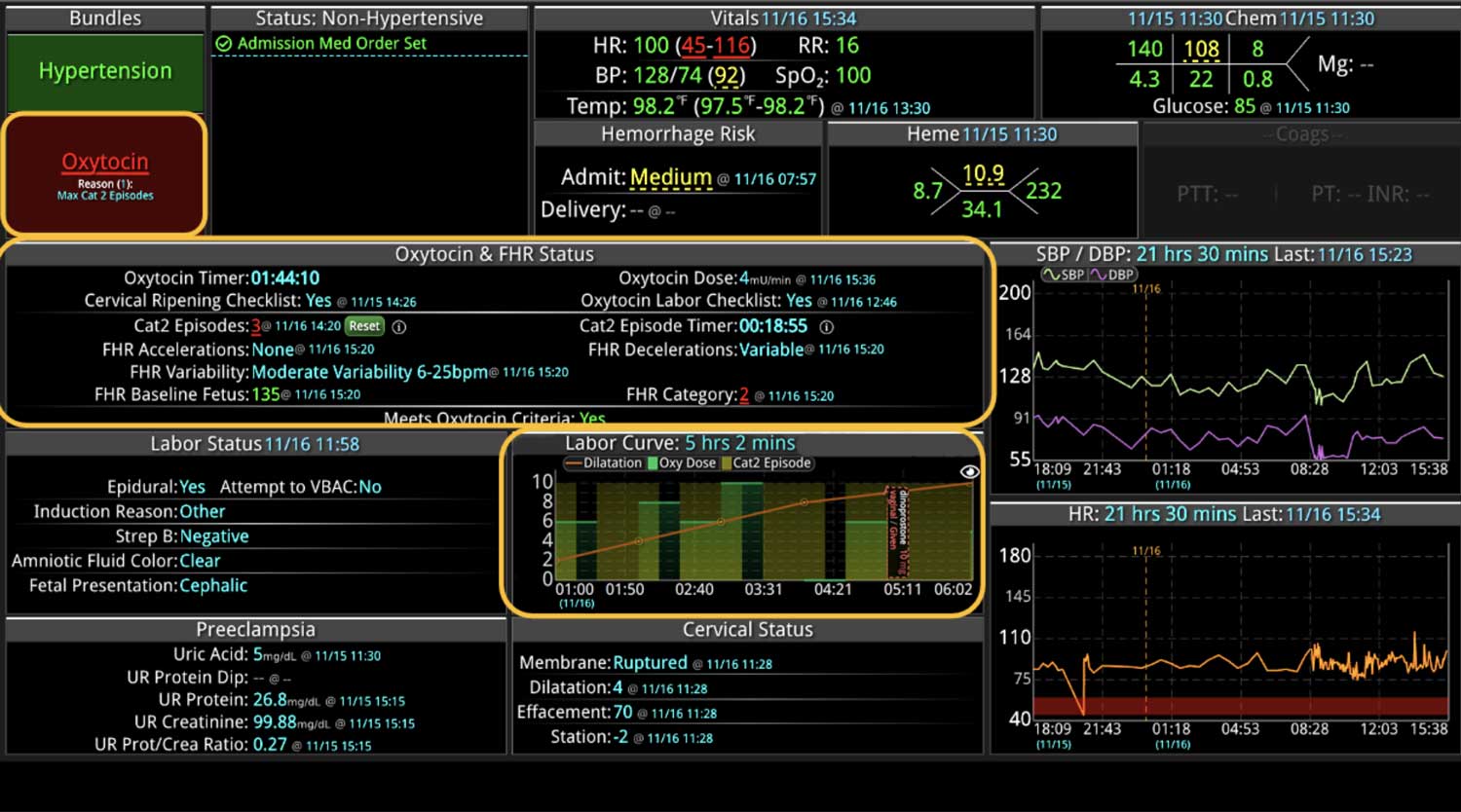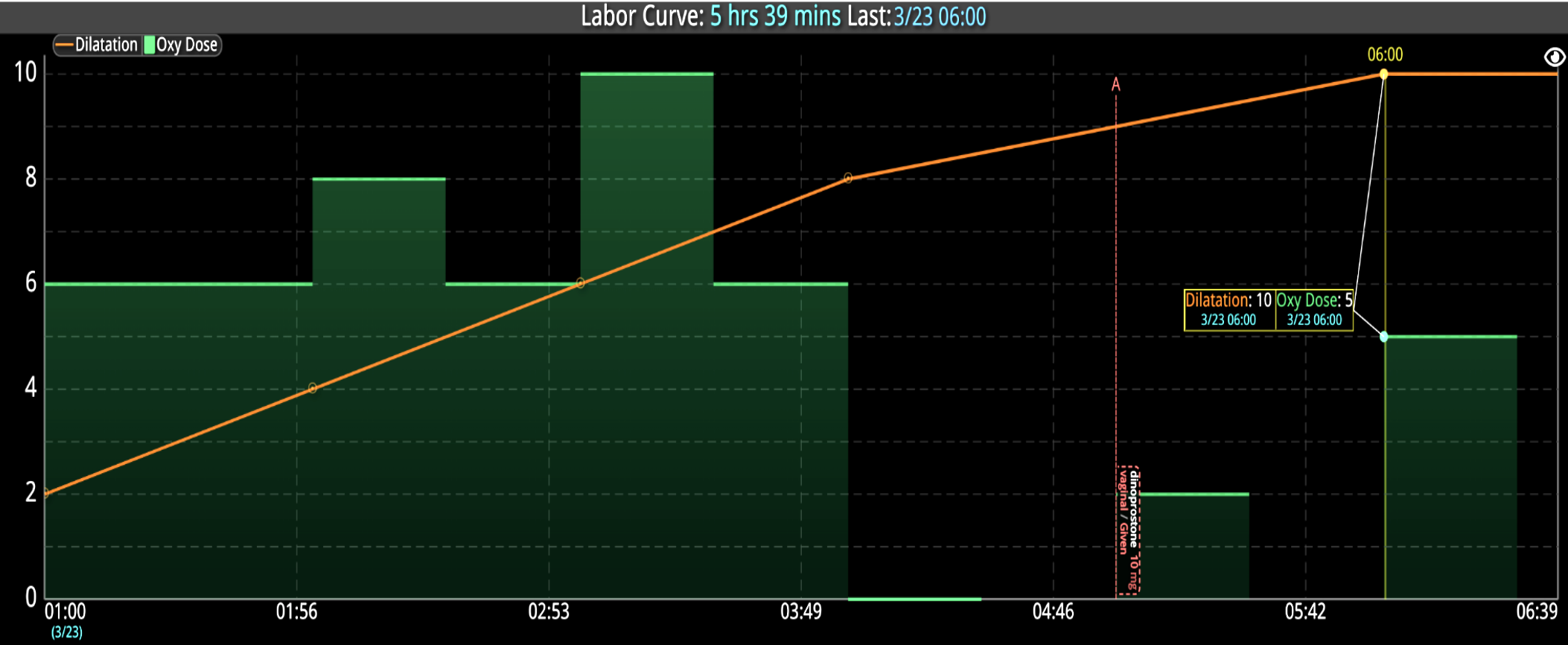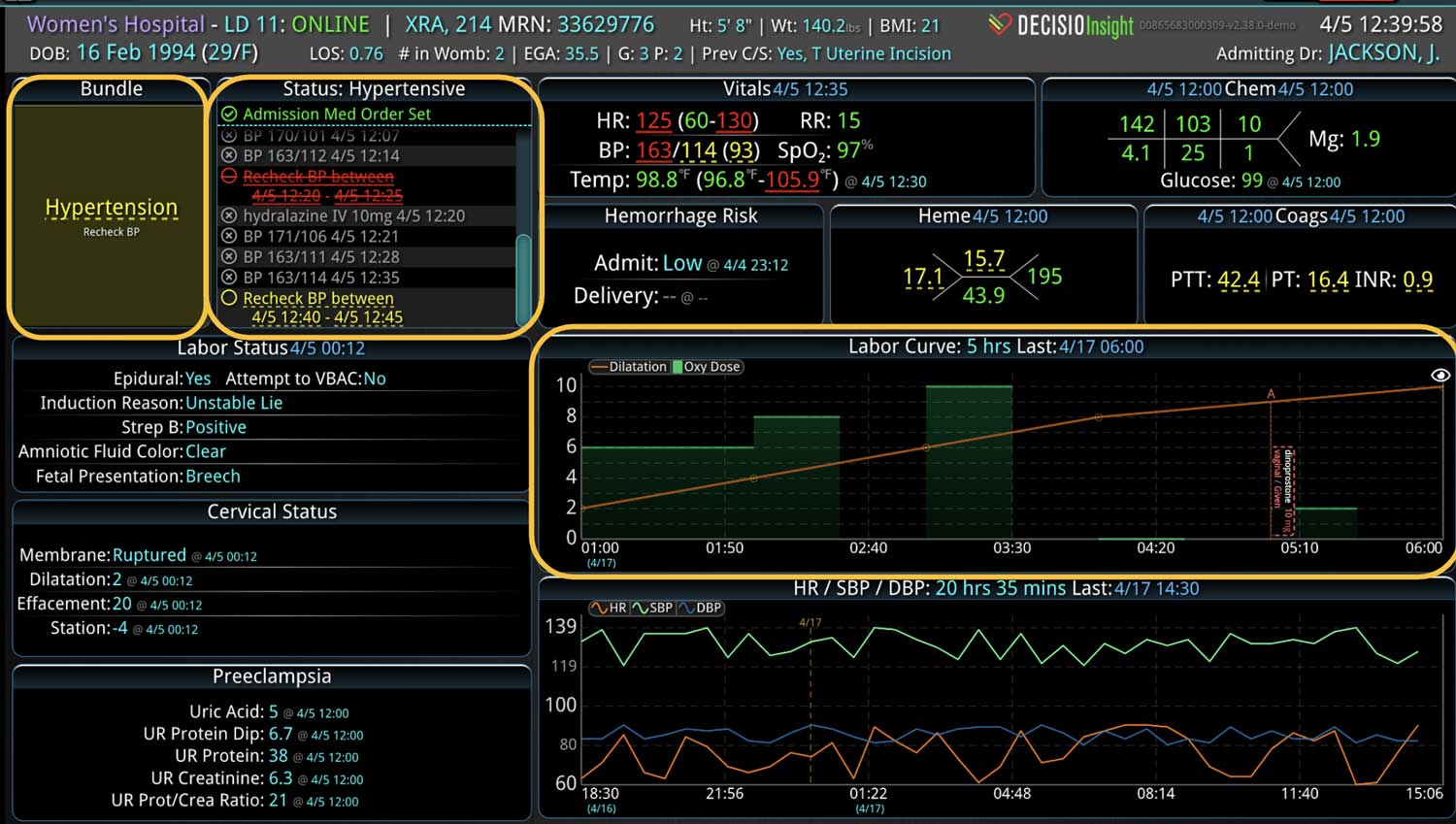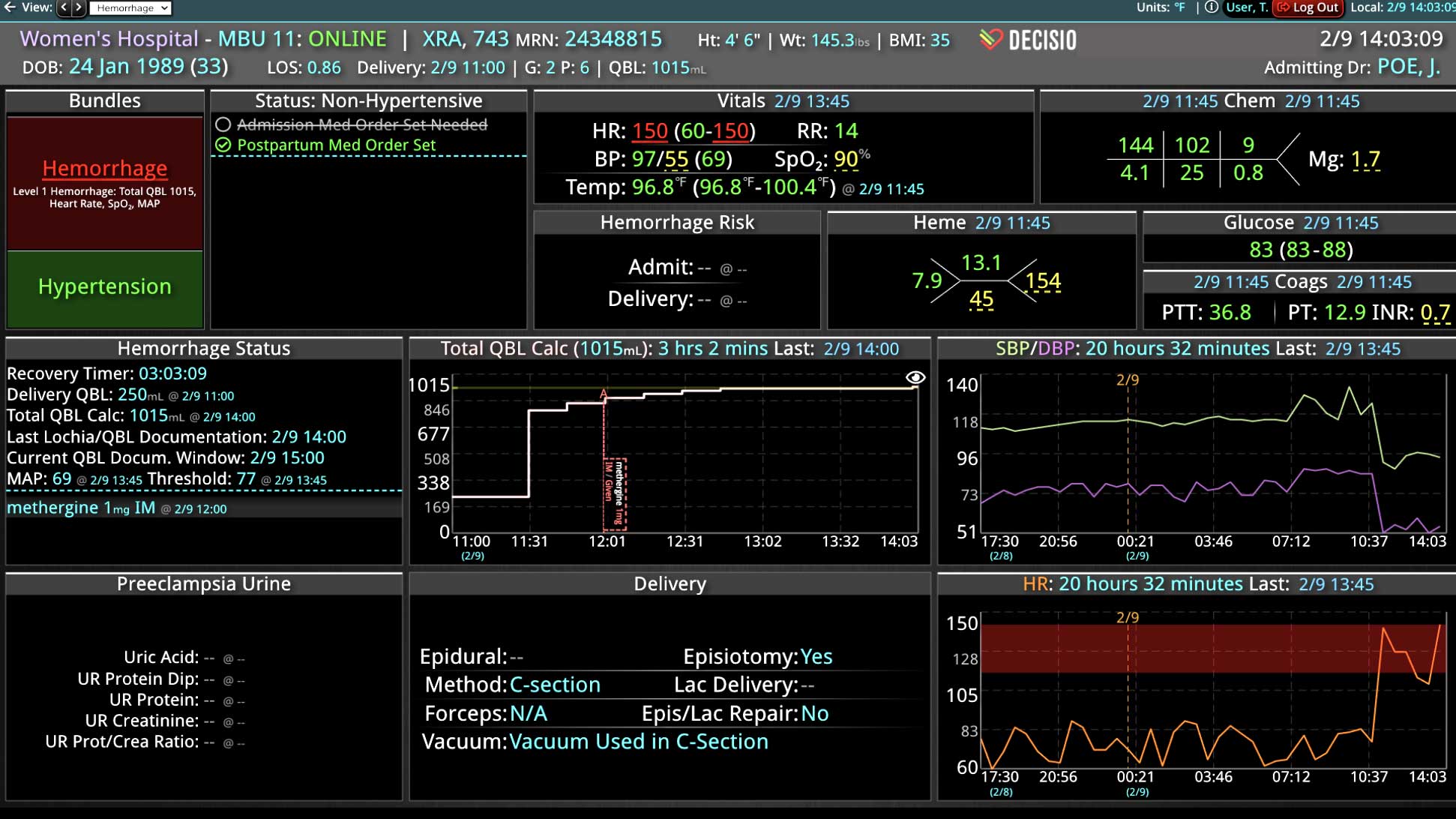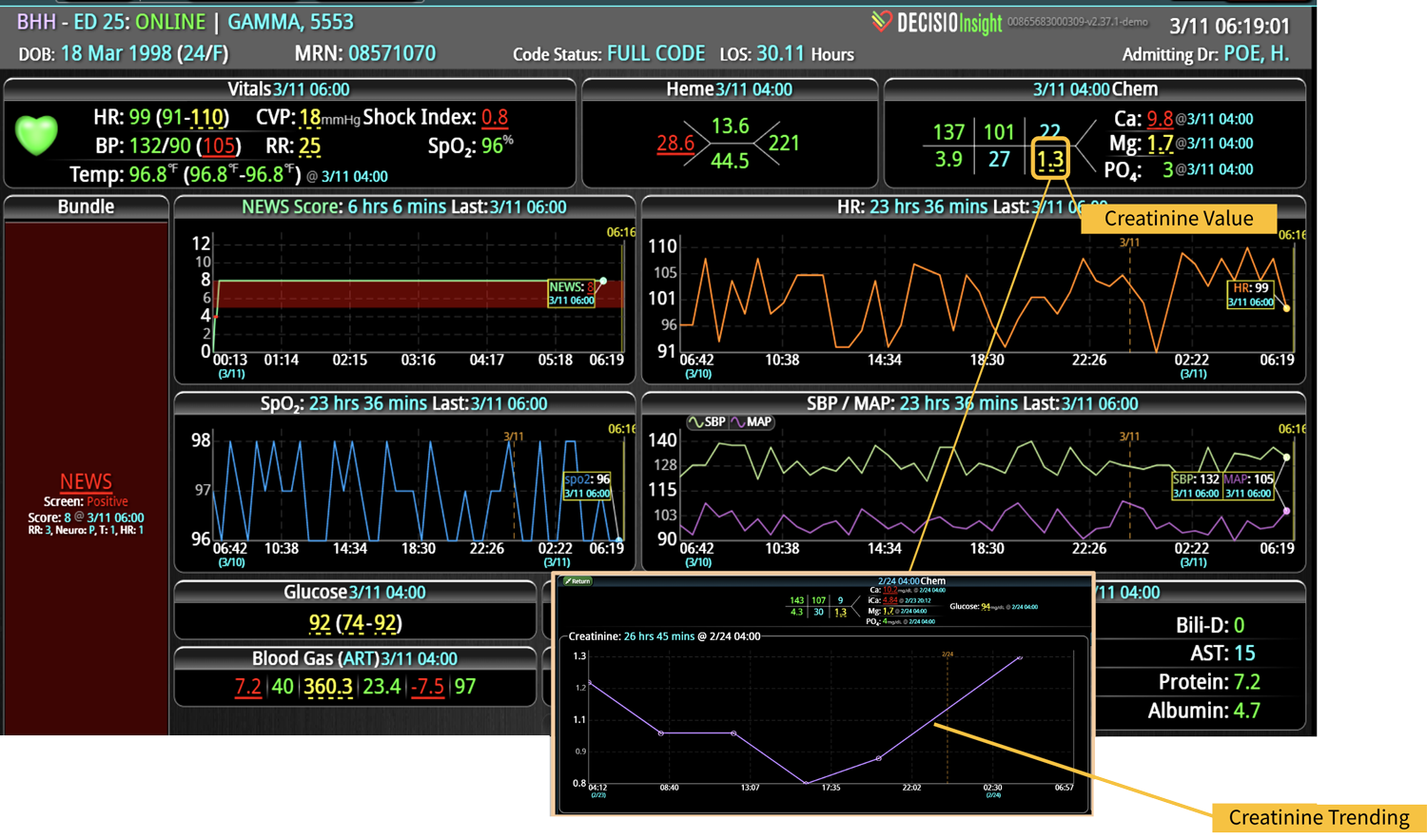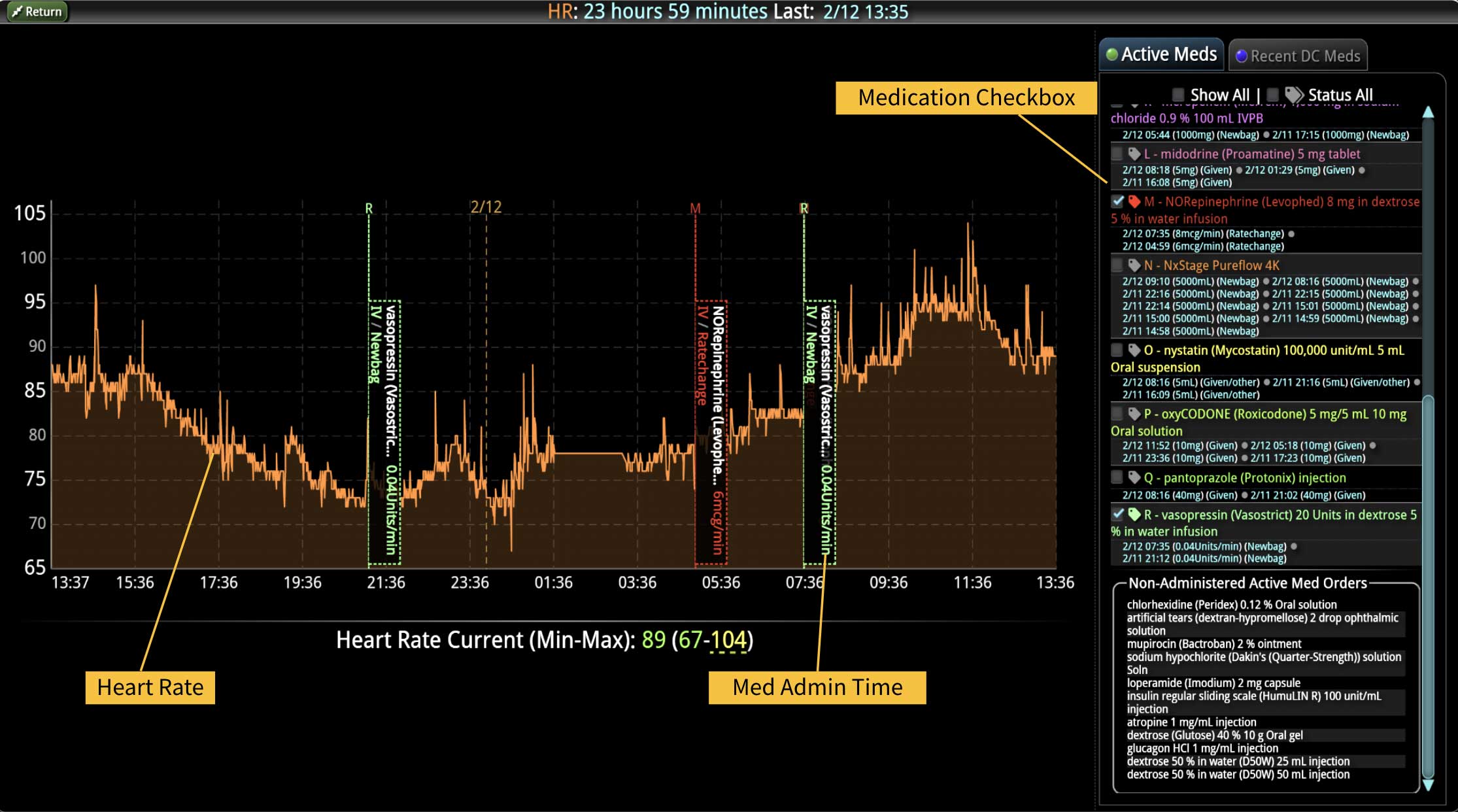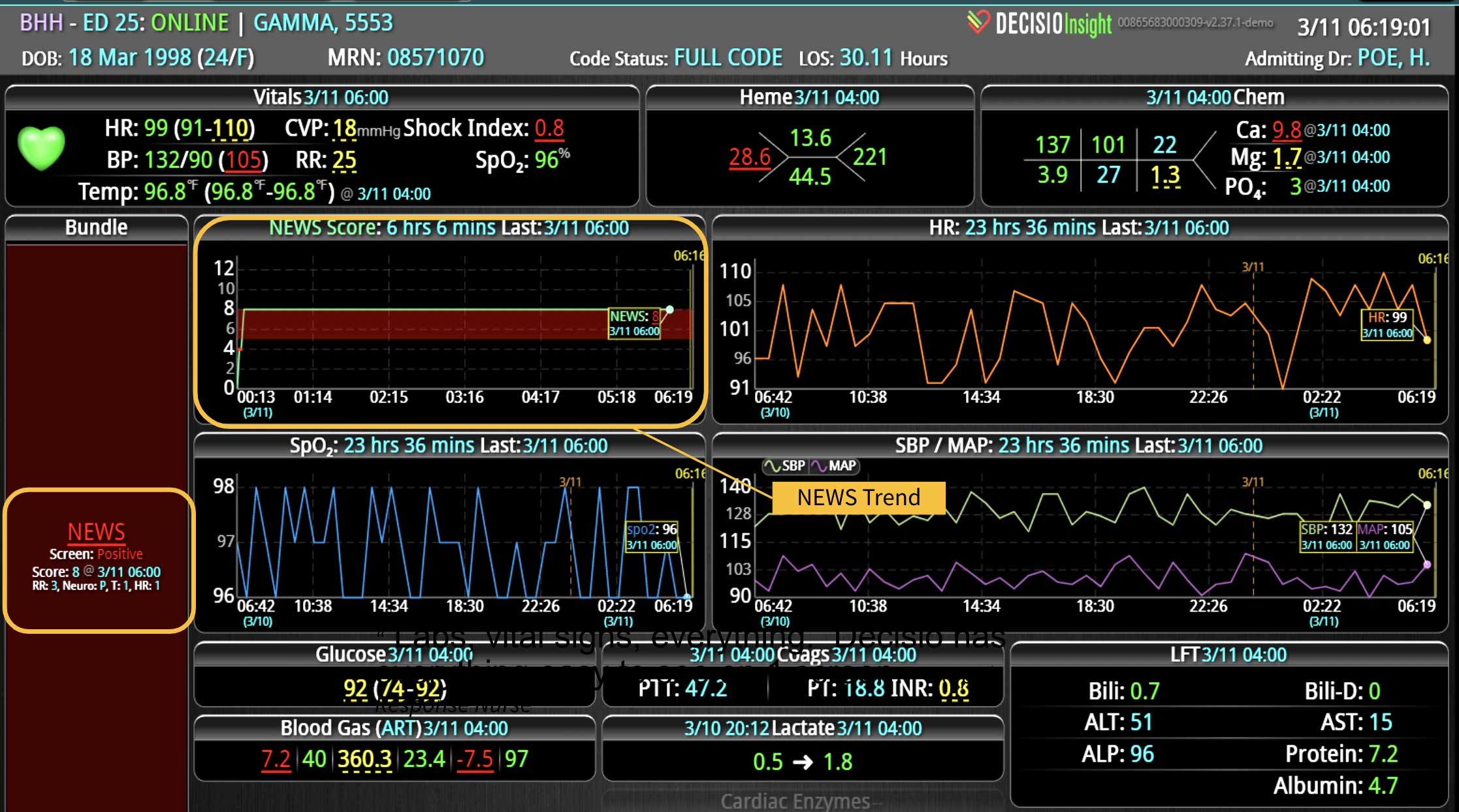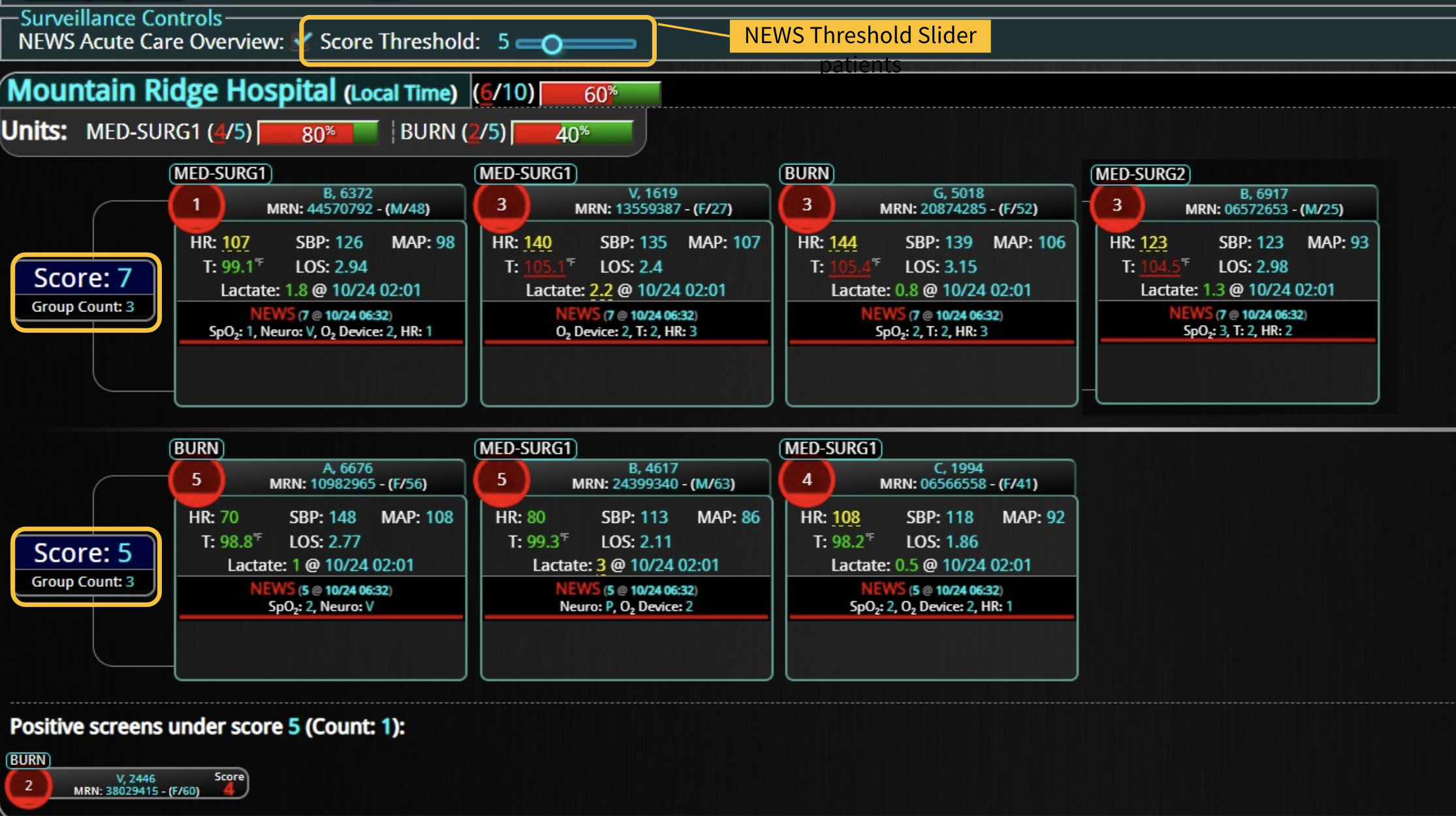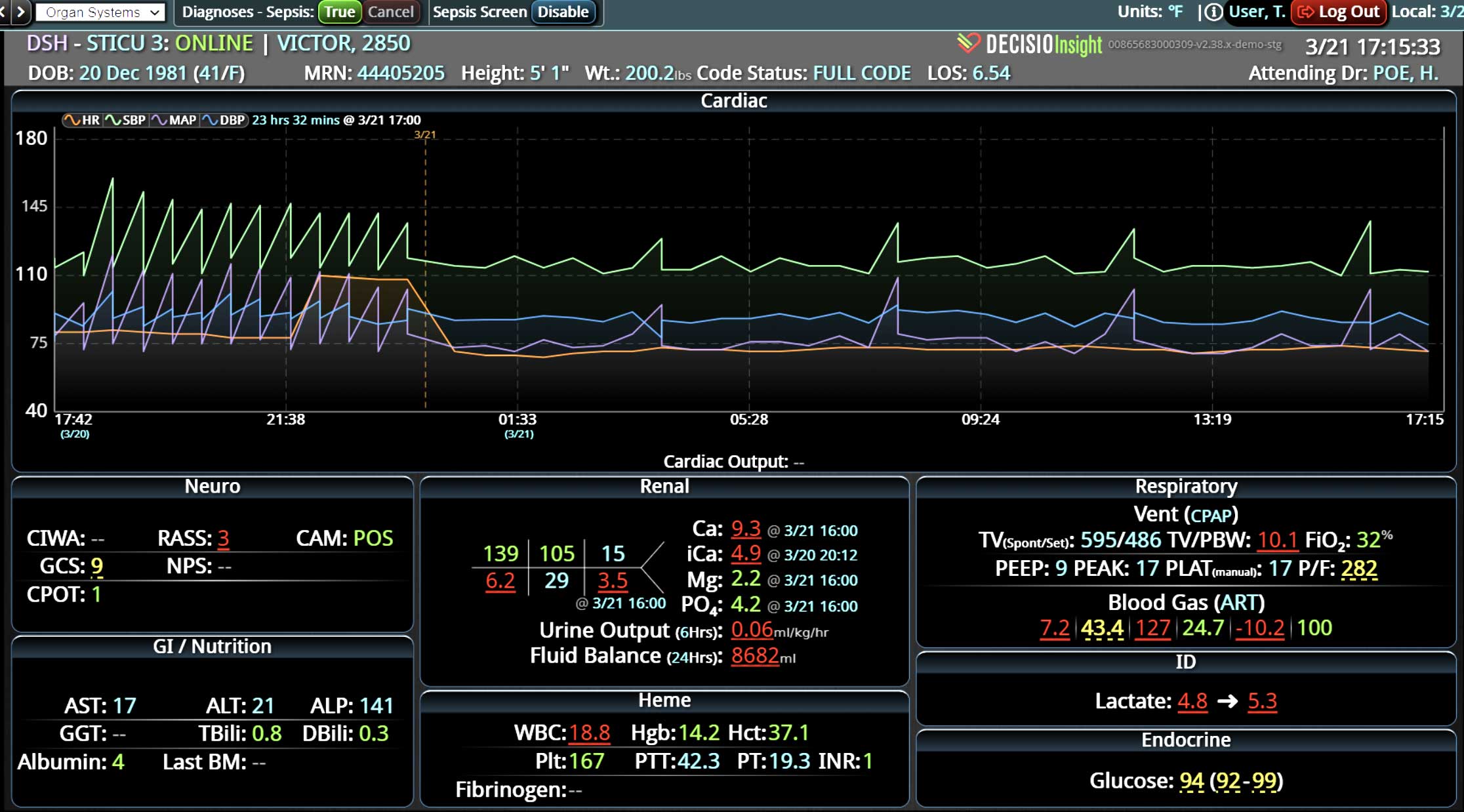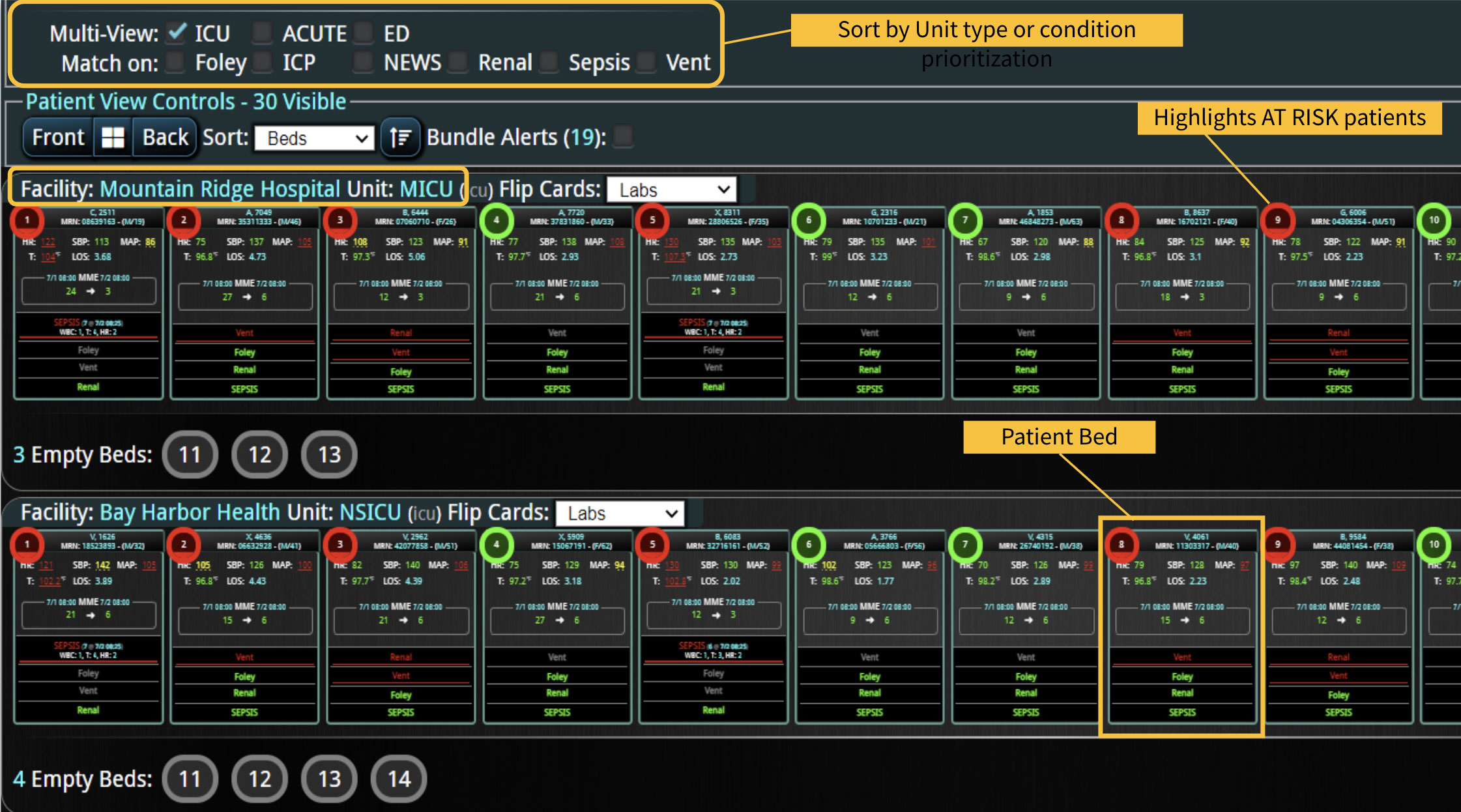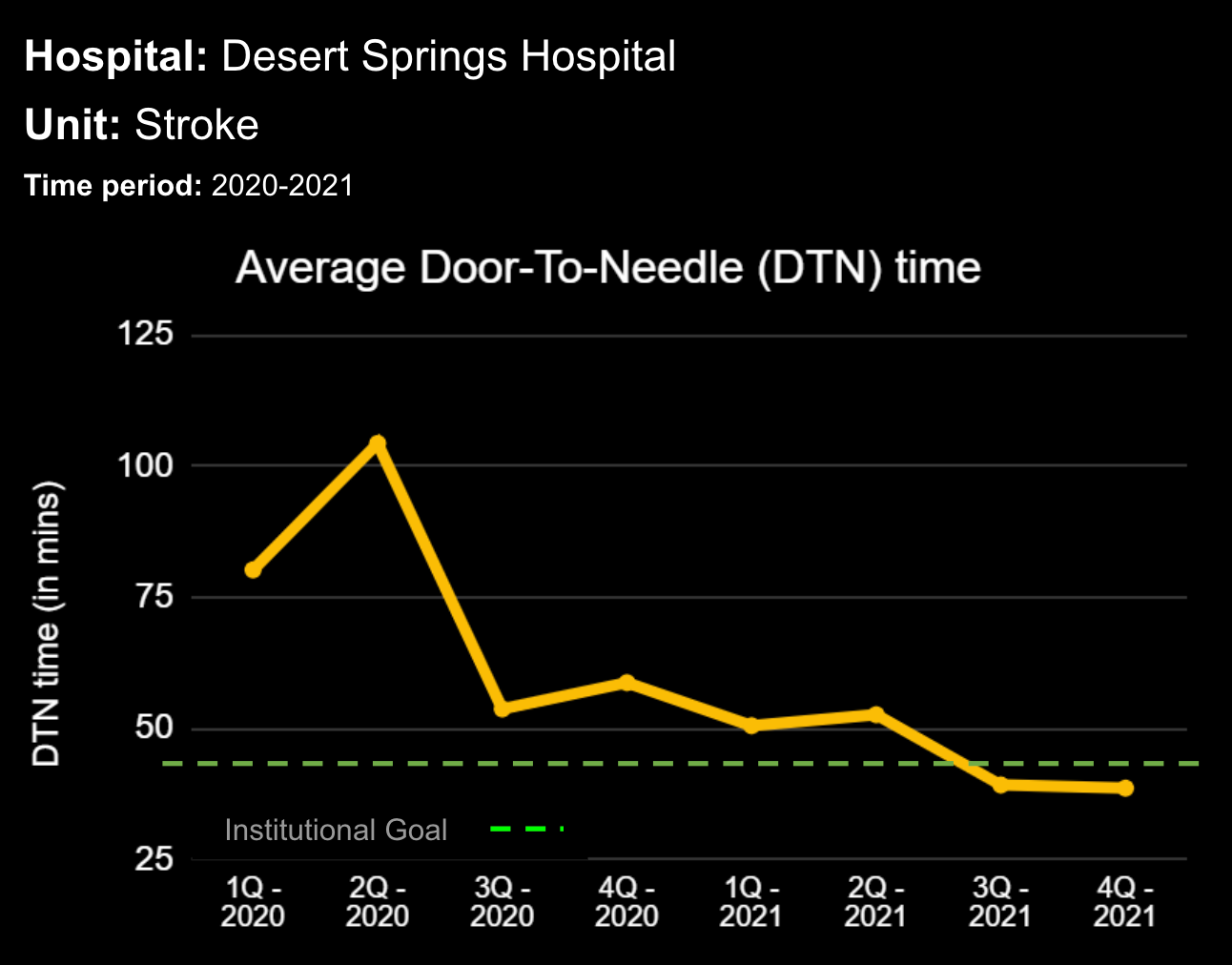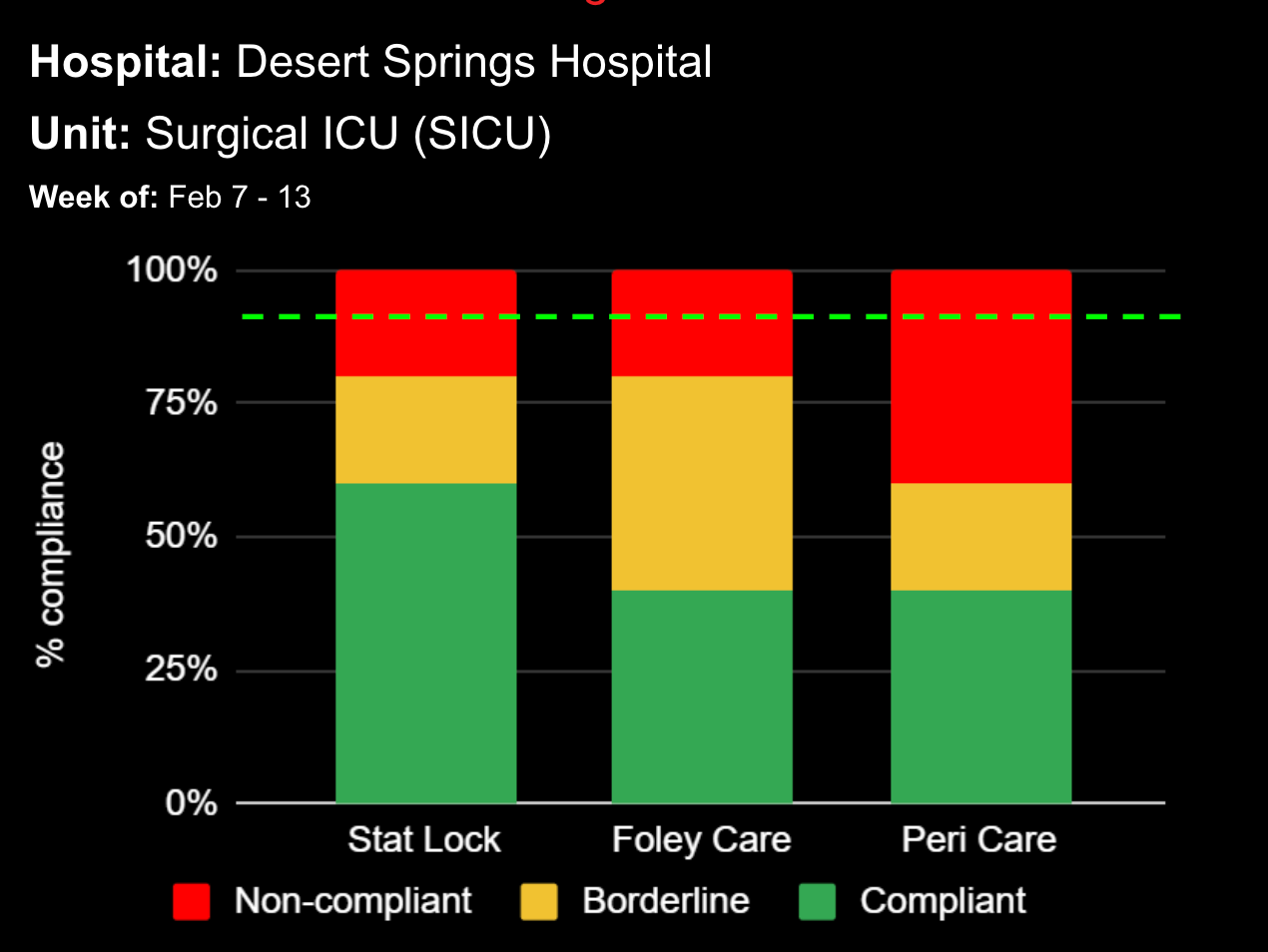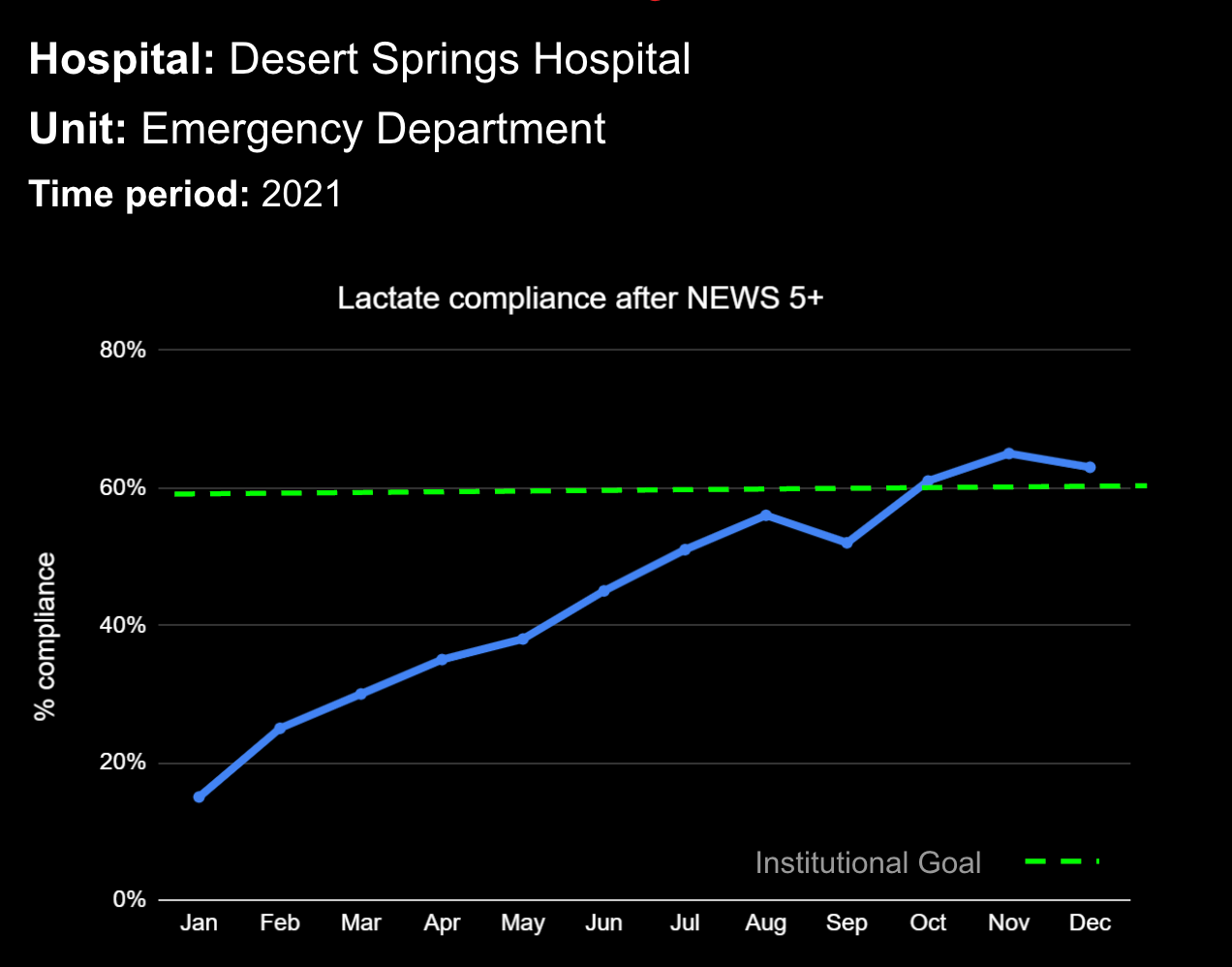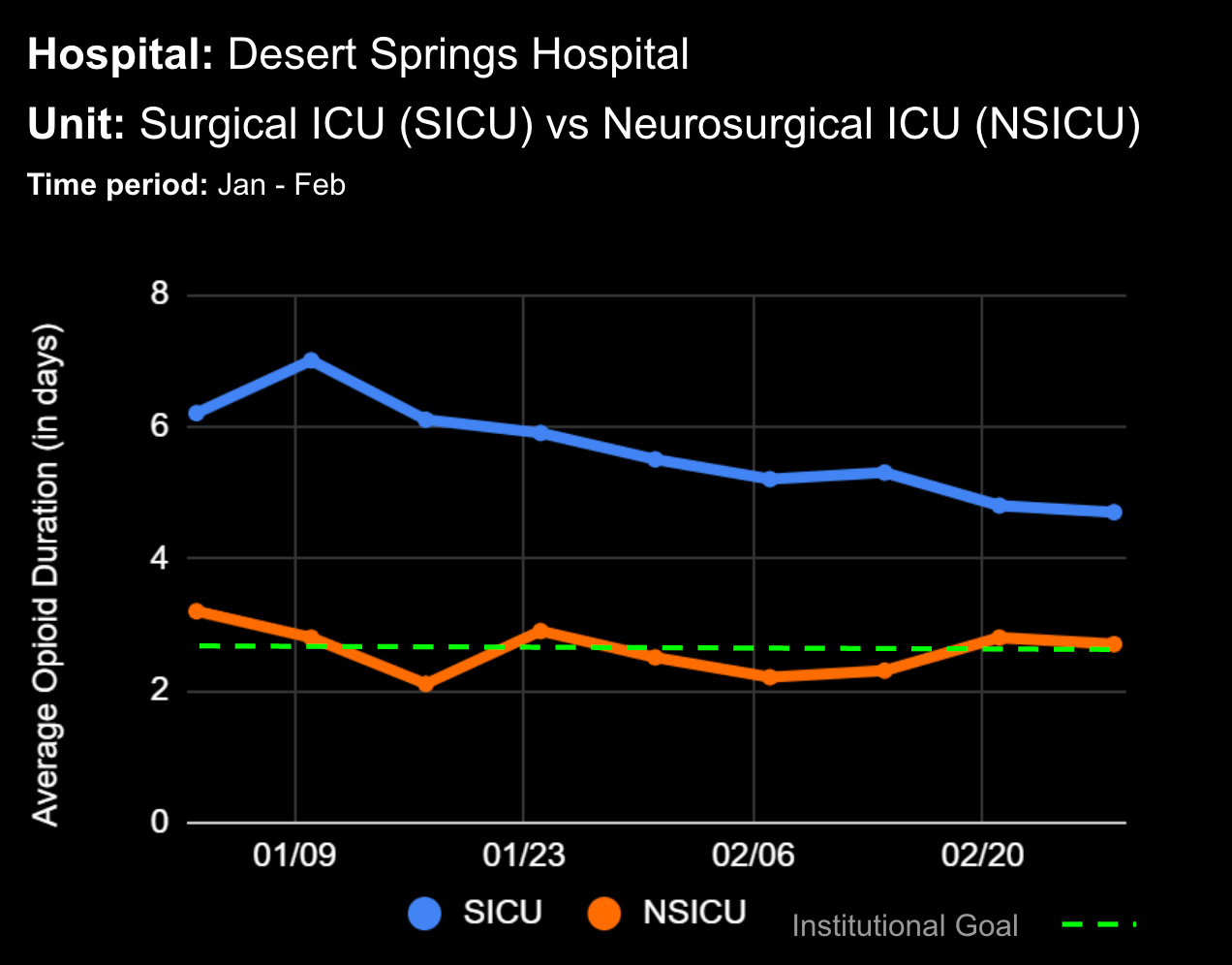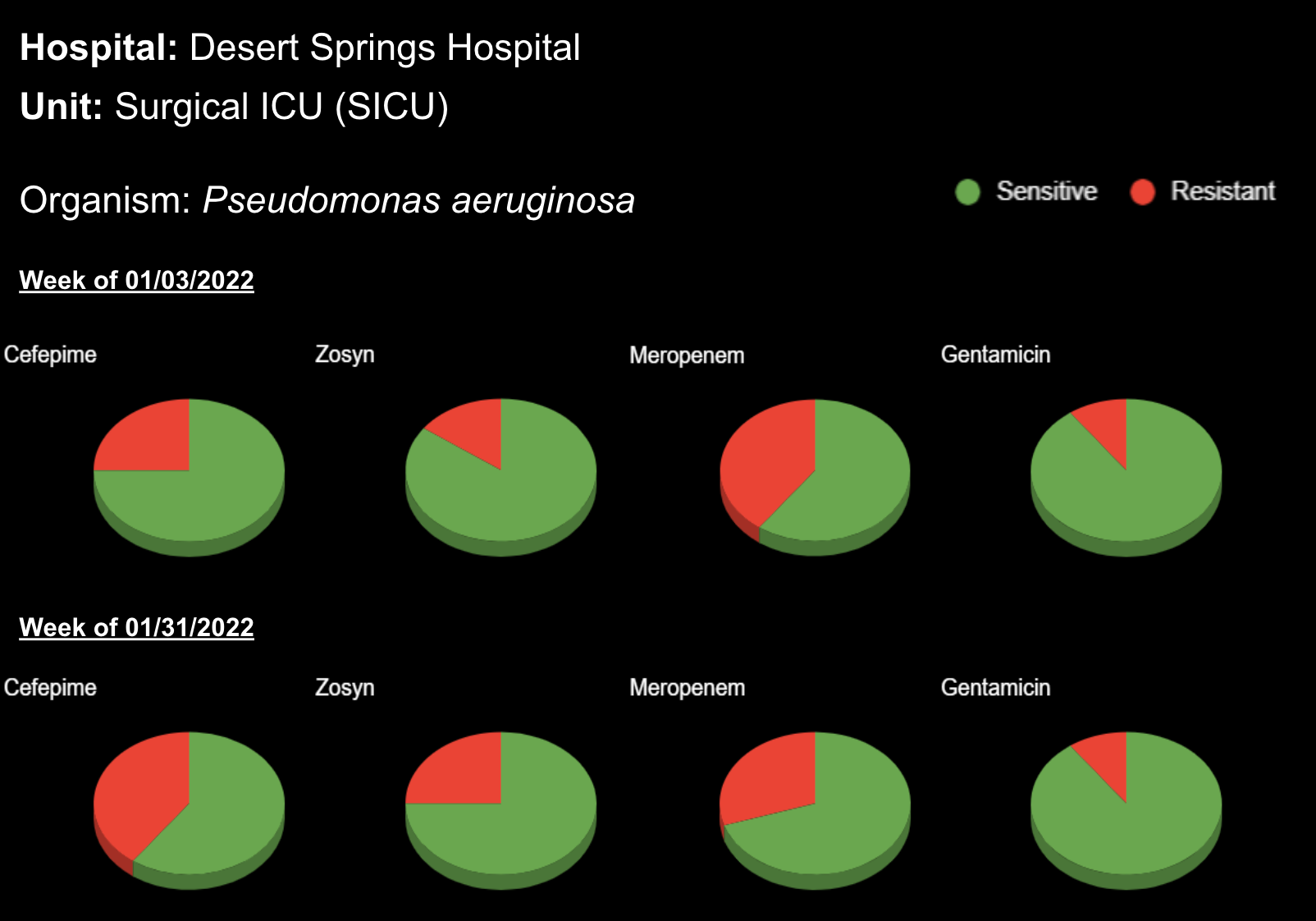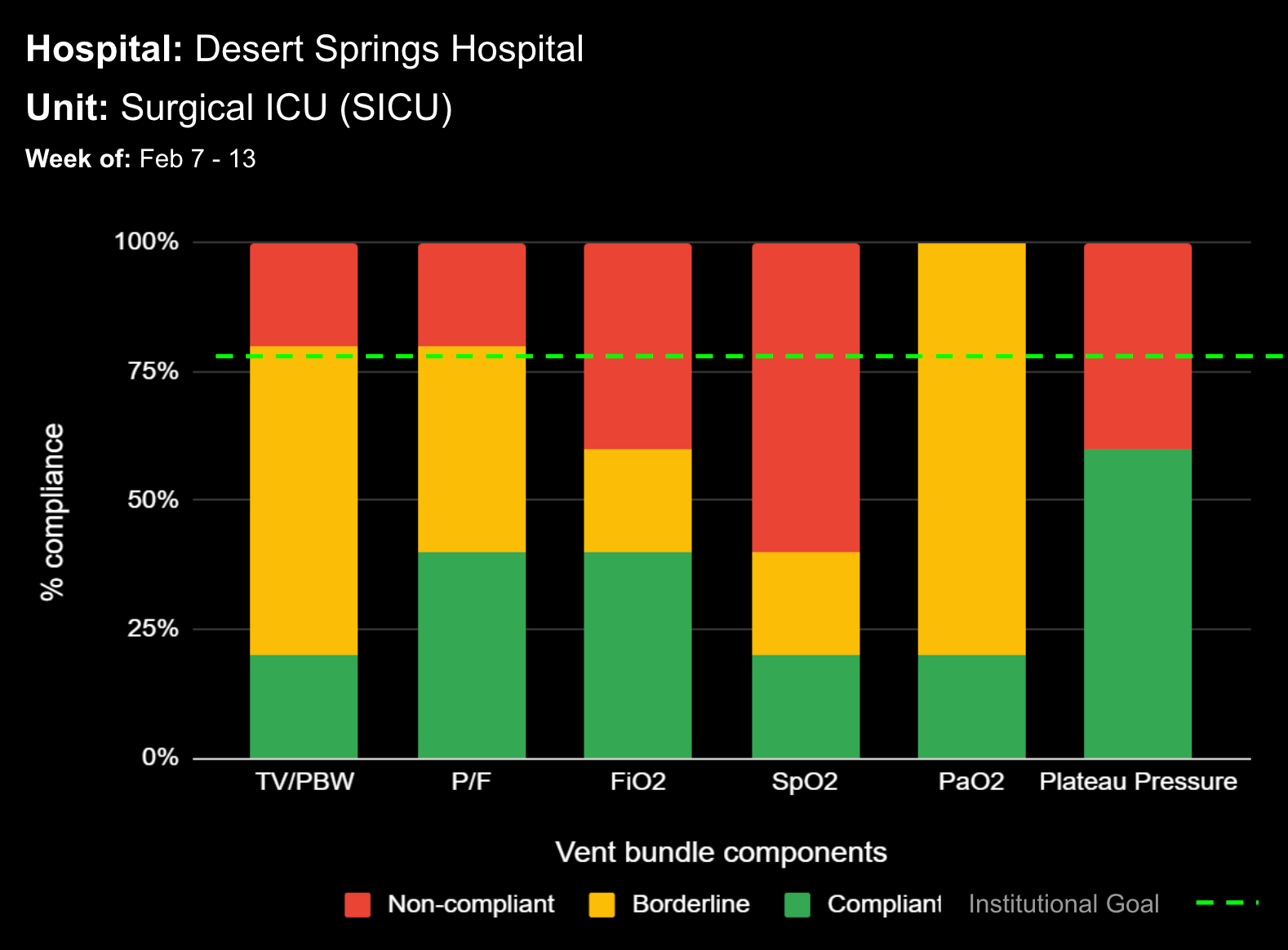
25 Oct Sooner is better: use of a real-time automated bedside dashboard improves sepsis careP3

Sooner is better: use of a real-time automated bedside dashboard improves sepsis careP3
Background
Sepsis is the leading contributor of in-hospital morbidity and mortality. An estimated 750,000 patients are treated annually in the US for severe sepsis with mortality rates trending higher than 25%. Optimal outcomes for sepsis management utilize protocols for early detection and treatment. However, there is a lack of consistency in the utilization of those guidelines because of laborious manual processes associated with their use.
Methods
DECISIO’s InsightIQ clinical surveillance system was implemented at a high-volume academic hospital. InsightIQ has incorporated into the clinical workflow an automated sepsis screen score (SSS) for early detection of potential sepsis patients in the ICU. The study's goal was to determine if this automated bedside dashboard would improve time to antibiotic administration for patients identified with sepsis.
Results
After implementation of InsightIQ, patients who were monitored had:
● Shorter time to antibiotic administration
● 50% reduction in ICU LOS from positive sepsis screening
● Reduction in overall hospital length of stay
Implementation of DECISIO’s InsightIQ helped improve patients’ overall quality of care as well as aided clinicians in adhering to guidelines for early treatment of sepsis patients.
Decisio’s EnvisionIQ analytics product compared clinical documentation of sepsis against the care provided to septic patients. EnvisionIQ identified patients who were managed as sepsis patients but were not adequately recorded in the problem lists or clinical notes. This missed documentation process resulted in significant under-coding for sepsis. Based on this analysis, the organization was able to improve sepsis documentation and potentially realized an additional $3.6M financial gain from improved documentation.
Conclusions
Clinical decision support tools can effectively improve the management of sepsis by near real-time alerting of the multidisciplinary care teams to a patient’s worsening condition. One of the key variables identified was time to antibiotic administration, as previous studies showed a direct correlation between increase in patient mortality with each hour delay in antibiotic administration.
Abstract Title:
Sooner is better: use of a real-time automated bedside dashboard improves sepsis care
Authors:
Andrew D. Jung, MD, Jennifer Baker, MD, Christopher A. Droege, PharmD, Vanessa Nomellini, MD PhD, Jay Johannigman, MD, John B. Holcomb, MD, Michael D. Goodman, MD, Timothy A. Pritts, MD PhD



